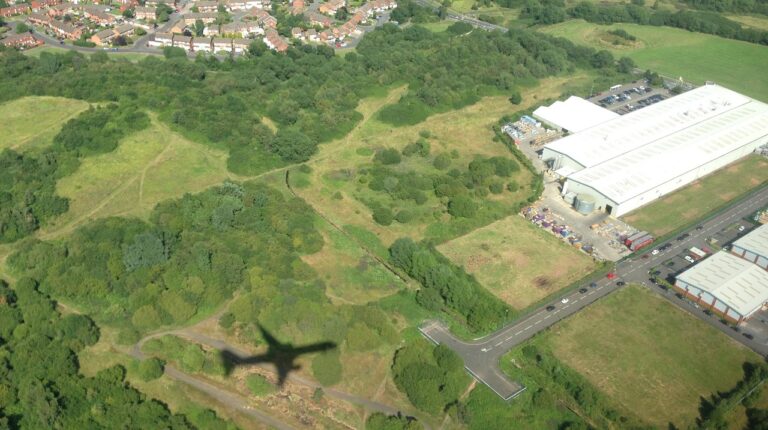The International Air Transport Association (IATA) has established the Civil Aviation Decarbonization Organization (CADO) to manage the IATA-developed Sustainable Aviation Fuel (SAF) Registry when it is released.
The SAF Registry
IATA is developing the SAF Registry as a global system to record SAF transactions in a standardized and transparent way. It tracks the environmental benefits of SAF as they move across the SAF value chain, and enables the claiming of these against regulatory obligations and voluntary schemes by airlines and corporate customers.
IATA’s director general, Willie Walsh, called the SAF Registry “a critical piece of market infrastructure that is indispensable in building a global, transparent and liquid global market for SAF”.
The SAF Registry is intended to help solve the challenge of limited SAF supply, which IATA says is acutely scarce and available in only a few locations globally, by connecting airlines with SAF producers and suppliers, regardless of their geographical location. In addition, it gives airlines’ corporate customers access to in-sector emissions reductions and capitalizes on the capacity of firms to co-finance the cost of decarbonization. Participation in the SAF Registry will be free until April 2027, after which it will be operated on a cost recovery basis.
CADO’s goals
CADO’s mandate is to manage the SAF Registry as a separate entity from IATA with an open and global approach that supports the scrutiny needed to build trust among all stakeholders. Marie Owens Thomsen, IATA’s senior vice president of sustainability and chief economist, said that the door is open for any stakeholder in the SAF value chain, including governments, to join CADO.
CADO is incorporated as a not-for-profit organization in Canada with its headquarters in Montreal. IATA is the founding member of CADO and its role in CADO will include ongoing technical support and operations. CADO membership is open to organizations that operate in or contribute directly to the SAF value chain, or that represent any association or group of participants in the SAF value chain; states or quasi-state organizations with a direct interest in the operations and benefit of the SAF Registry; and related interest groups indirectly benefiting from SAF deployed in the aviation system.
Read an opinion piece on the SAF transition for airports here.

